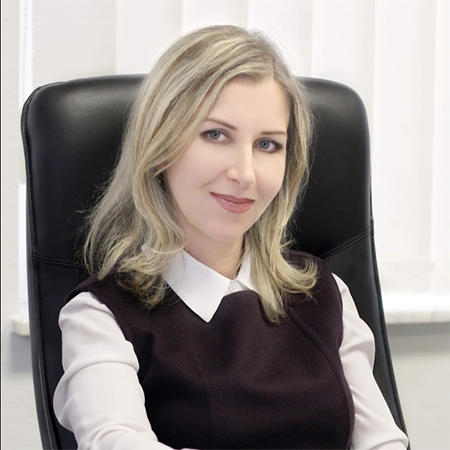Neurorehabilitation » Ischemic stroke » Stroke: General Information, Articles » Simple rules for those who have memory disorders after stroke
Simple rules for those who have memory disorders after stroke
Have you suddenly found yourself in a garage without an obvious purpose? Do you often experience difficulties memorizing or recalling names? Do you often worry if you had turned off the iron?
A lot of people who have suffered from stroke have memory disorders. Forgetfulness often worsens with age. However, by following these simple rules, you can substantially protect yourself from the possible consequences of memory loss.First of all, you need to understand the underlying principles of how the human memory works.
The brain works similarly to the database device on the computer: the information must go through three stages:
- remembering (in order for an event, name or other object to remain in your memory, you need to pay attention to it in one way or another)
- storage of information (to some extent information is stored in the brain like the information on the computer's hard drive)
- reproducing the information (when appealed to, the brain must "remember" the stored data)
In most cases, memory loss is caused by problems during the first stage: insufficient concentration is not enough to store information. Therefore, the first step to improve memory is to attract additional attention to information you are trying to memorize.
Associative thinking
In order to remember a new event, try to associate it with a well-known one. For example, to remember the date, try to remember other events that happened in the same month, the same date, and so on. So that you create associations. When remembering names, it makes sense to associate celebrities or your acquaintances with the new names. In some cases it is also useful to associate a person's name with his appearance and to think whether he/she has something that really stands out. To memorize daily activities, associate them with the lunch, breakfast and other times of the day, so that you could develop a sequence of events. For example, if you take pills in the morning and occasionally forget to feed the fish, it is a good idea to put the pills and fish food on one shelf.
Creating Visual Images
Creating visual images helps a lot of people. You can imagine certain actions or objects which you intentionally boost in size or distort to make them more memorable. Sometimes it is advisable to imagine how you will perform the planned action, this will allow you to remember what you need to take with you, what needs to be done in advance etc.
In general, the more time you devote to some object, the more likely you will memorize it. The memory mechanism is not always logical: you can remember the person's name by recalling the anecdote, which you were told as a child by a friend with the same name. This childhood friends name surfaced in your memory during a meeting, for example, for some unknown reason. The more you think about the object - the more connected it will be to a well-remembered piece of information and the higher the probability that you will actually be able to remember it, even indirectly.
Repetition
Mental repetition of information about the event is also very useful. It is useful only if you make the repetition in certain intervals. Do not try to remember all the information at once. You will memorize the event better if the repetition is consistent, for example every other day. Do not be afraid to "re-learn": even if it seems to you that the information was remembered well, it's better to retell it several times.
Compensate Memory
The saying of Confucius is known since the times of Ancient China: "Even the faintest ink is stronger than the best memory." The benefits of using calendars, notebooks, diaries are obvious. Instead of memorizing all events and names, just remember to do two things: take notes and check your notebook regularly.
In conclusion, it may be a good idea to experiment with various ways of memorizing things, since this process is individual. It is also advisable to treat memorizing with a sense of humor, perhaps even with a creative approach: this will only increase its effectiveness.
Also see other articles on this topic:
- Antioxidants against stroke
- Restoration of reading and treatment of dyslexia
- Magnetic stimulation after a stroke
To receive professional advice on rehabilitation after a stroke in Germany
Please call us: +49 228 972 723 72
or write an Email here



